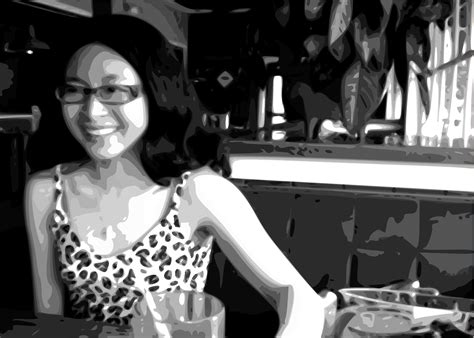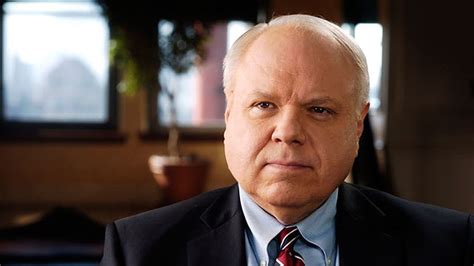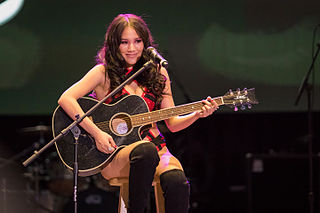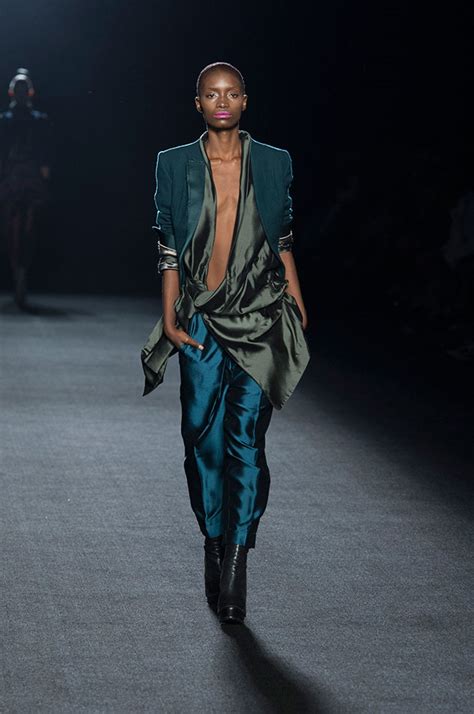A Quote by Judith Butler
Let me say one thing to clarify my position. I think we can take distance from norm but I think we are also mired in norm, "empêtrés", I think you say in French. And I think the choices we can make are only in a certain struggle with the norms out of which we're constituted.
Related Quotes
If you're writing in the mainstream... Whatever that is - the norm. The norm is likely going to be funded because you're giving people what they're used to and what they're gonna get. But anything outside of that norm is going to struggle to get funded. The people who are not "the norms" deserve the chance to make art. I think it's great for all of us to consume all these voices, and that happens when you support these voices that need to be supported because they're not the automatic choice coming out of the gate.
I think that all moralities adequately serving the function of fostering social cooperation must contain a norm of reciprocity - a norm of returning good for good received. Such a norm is a necessity, I argue, because it helps relieve the strains on motivation of contributing to social cooperation when it comes into conflict with self-interest.
I suppose it's not a social norm, and not a manly thing to do - to feel, discuss feelings. So that's what I'm giving the finger to. Social norms and stuff...what good are social norms, really? I think all they do is project a limited and harmful image of people. It thus impedes a broader social acceptance of what someone, or a group of people, might actually be like.
Many of my sharpest critics have decided to take a position of ignoring me - because they feel that by attacking me, they would draw attention to my book and give me more publicity and help me sell more books. So I think that they decided that the best thing for them to do is to say nothing. Also, I think that some of my critics simply can't refute my argument - and so it's easier for them to ignore it as well, so that they're not forced to confront the logical contradiction in their own position.
So many interviews, even ones that I consider really intelligent and good writers, will do the, like, 'Oh, you're not taking your clothes off like Miley Cyrus and all these girls' thing, which to me is just the weirdest thing to say to someone. ... Now when people are like, 'Tell me what you think of Miley!' I'll say, 'What do you think of Miley?' and they'll flounder and say, 'Well, I think she's really talented...' and I'm like, there you go.
I think I'd rather tell the truth and say what I believe in and make people unhappy than sort of pretend to think something else to accommodate them and try to be liked. That's just the way it goes and I don't think I'm any great champion of anything, but if they're going to put me on a show, I'm going to say what I think.
I do think they [French] view my writing itself as exotic - though that's probably not the best term for it - to a small extent, mainly because I say things that most French writers would probably hesitate to say for fear of offending someone or upsetting public sensibilities. I don't think that answers the question, but I'm not much good at figuring readers out or I would probably be writing bestsellers.
I think social media is a double-edged sword for athletes and celebrities. I think sometimes it's the worst thing. It gives people who are kind of cowardly the opportunity to kind of take an open shot at you or your family and say the craziest, most outrageous thing that they can think of, knowing that they would never say that to your face.
In the past, you would take the time to write a love letter and you would think about what you wanted to say and compose it in a certain way. Now, everything is so short. It has to be, because it is rushed, and therefore, in a way, it loses a little bit of its importance. But I think it is very important to take the time to say what you want to say.









































